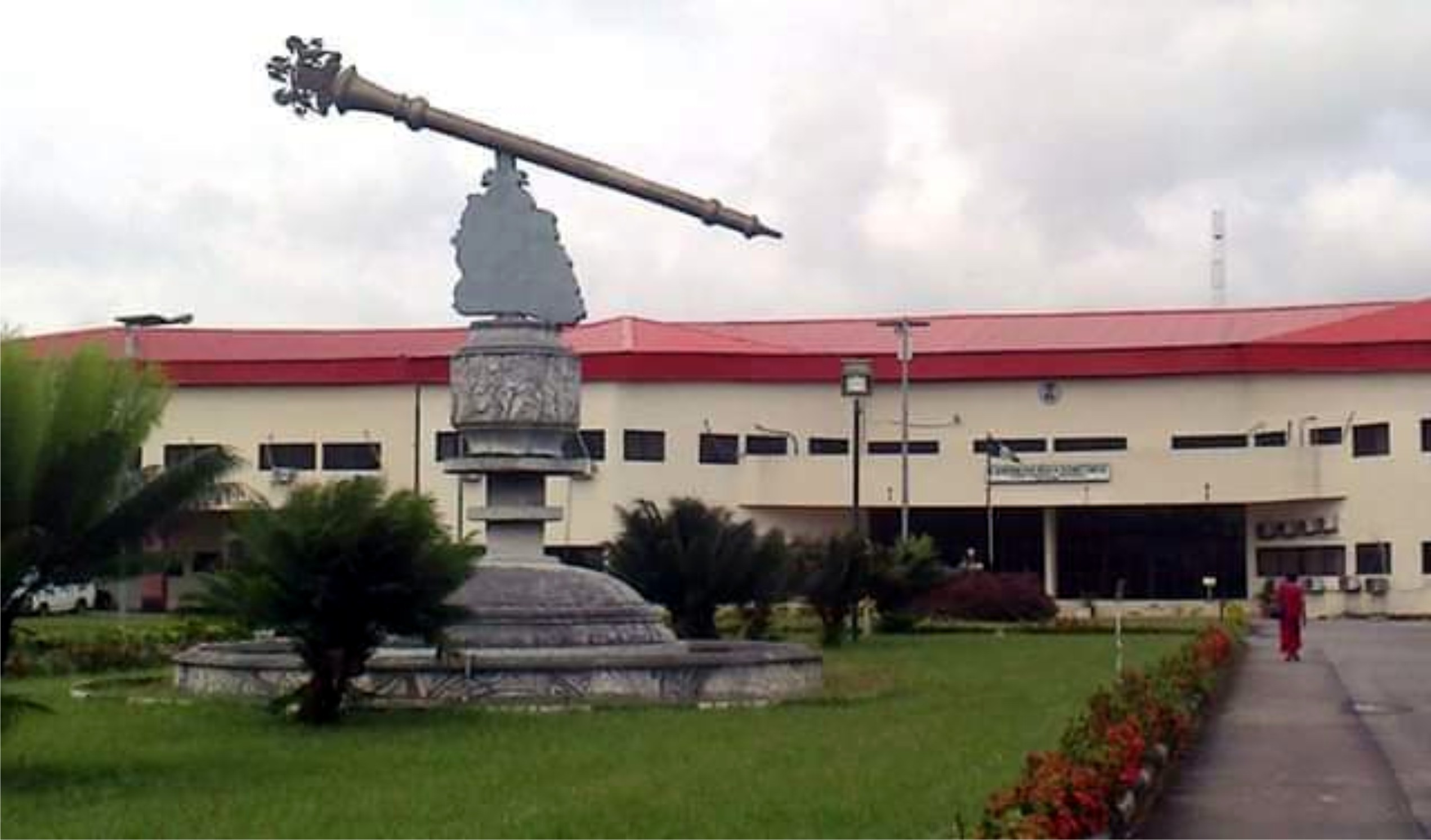Niger Delta
A’Ibom Assembly Approves 2019 Financial, Audited Reports

The Akwa Ibom State House of Assembly has ratified the 2019 Financial Report/Audited Accounts of the State Government.
Recall that the House had, at its plenary on December 8, 2020, set up an Adhoc Committee to investigate issues surrounding the withdrawal of the 2019 Statement and Accounts of the State Government by the Office of the Accountant General.
Chairman of the Adhoc Committee, Rt. Hon. Udo Kieran Akpan, while presenting the Committee’s report, cited alleged expenditure of N4.864 billion on Toyota Prado Jeeps and expenditure of N5.04 billion on maintenance of the state Aircraft by the Office of the Secretary to the State Government etc, as some of the issues investigated by the Committee.
Rt. Hon. Udo Kieran Akpan revealed that the Office of the Accountant General, had on noticing errors in the account already published by the Accountant General, withdrew the published account and released a new version.
He said the alarm raised by Akwa Ibom people on the issues investigated was in good faith and intended to hold government accountable.
The lawmaker noted that the Accountant General’s Office acted appropriately by noticing and correcting the errors but however, warned that such errors should not be allowed to occur the second time.
He said the audited accounts of the State government as passed by the House of Assembly on 4th June 2020 remained valid.
Subsequently, the House after considering the report at the Committee of the Whole, adopted the report, while the Speaker, Rt. Hon. Aniekan Bassey, directed the Clerk of House, Mrs Mandu Umoren to communicate the resolution of the House to the appropriate quarters.
Niger Delta
NPC Unveils Digital Registration System In Delta

Niger Delta
Police Uncover Suspects’ Armoury … Recover Weapons In Delta

Niger Delta
Police Caution On Lawless Protests On Court Matters In A’Ibom

-
Maritime6 hours ago
Customs Declares War Against Narcotics Baron At Idiroko Border
-
Maritime6 hours ago
NIMASA,NAF Boost Unmanned Aerial Surveillance For Maritime Security
-
Maritime6 hours ago
Nigeria To Pilot Regional Fishing Vessels Register In Gulf Of Guinea —Oyetola
-
Maritime6 hours ago
NIWA Collaborates ICPC TO Strengthen Integrity, Revenue
-
Maritime6 hours ago
NIMASA GETS NEW MARITIME GUARD COMMANDER,ADOKI
-
City Crime3 hours ago
NCSU Hails Fubara Over 2025 New Telegraph Man Of The Year Award
-

 Business6 hours ago
Business6 hours agoBOI Introduces Business Clinic
-

 Business6 hours ago
Business6 hours agoDangote signs $400 mln equipment deal with China’s XCMG to speed up refinery expansion

